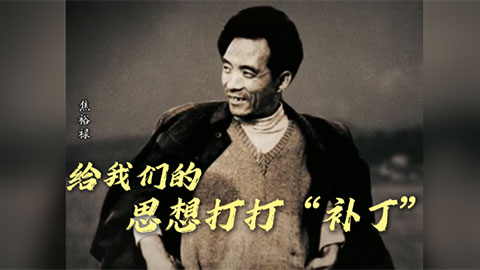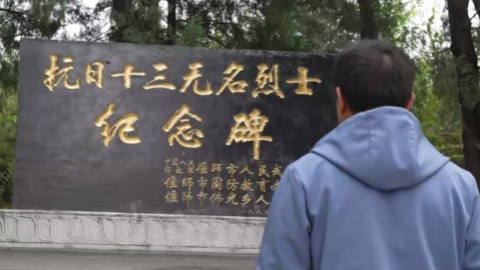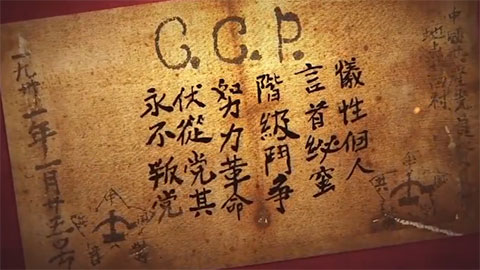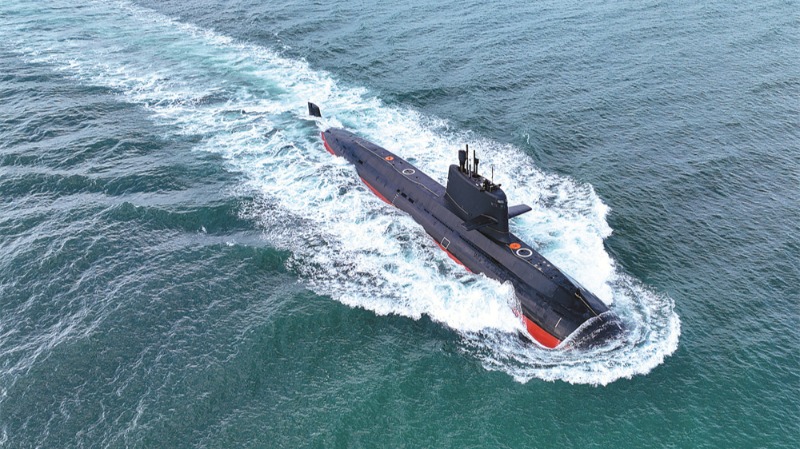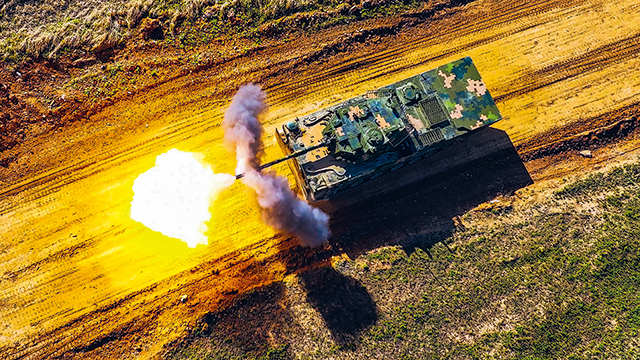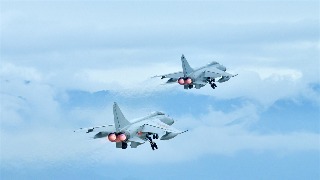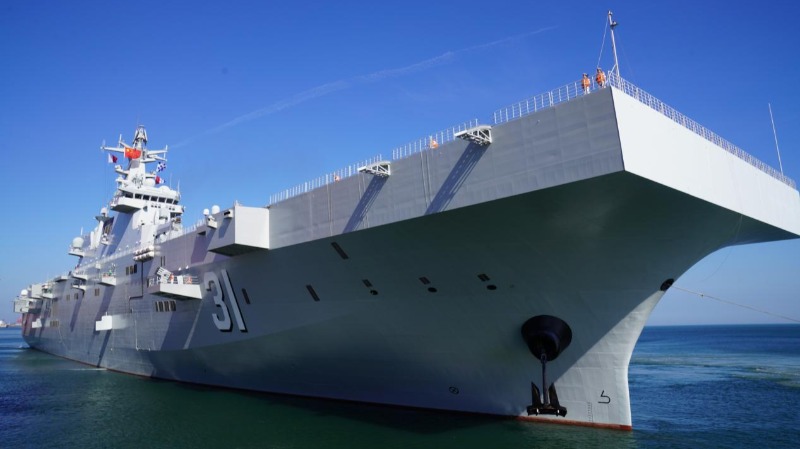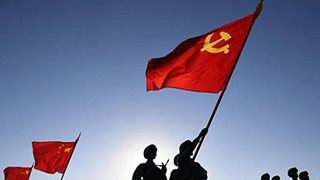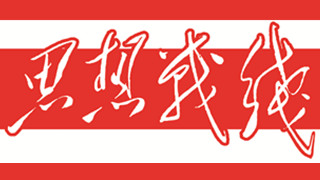By Yu Hailong
于海龙
More than 400 celebrities, scholars, and peace activists from various countries jointly issued a statement on January 6, criticizing the Kishida government's use of "proxy execution" to forcibly advance the relocation plan of the US Marine Corps Air Station Futenma in Okinawa, according to Japanese media reports. The increasing rightward shift in Japanese domestic politics in recent years has accelerated. Although the Japanese government's direct intervention in pushing forward the Futenma base relocation looks like a matter of division of powers between the central government and local governments, it reveals the urgent desire of right-wing forces in Japan to break free from post-war constraints and become a "war-capable nation." The joint voice of more than 400 world-renowned figures shows that the international community is increasingly worried that Japan's escape from post-war constraints will have serious negative impacts on regional stability.
据日本媒体报道,世界多国名人、学者以及和平活动人士等400余人1月6日联合发表声明,批评日本岸田政府以“代执行”方式强压冲绳县推进驻日美军普天间基地搬迁计划。日本国内政治右倾化近年来加速演进,日本政府“直接下场”强推普天间基地搬迁,表面上是中央政府与地方政府权责划分问题,实则暴露出日本国内右翼势力谋求摆脱战后体制束缚、成为“能战国家”的心理更迫切了。这次400多位世界知名人士联合发声,恰恰表明国际社会愈发担忧日本摆脱战后体制束缚将对地区稳定带来严重负面影响。
The international community has long been concerned about Japan's military self-relaxation. Especially in recent years, the Japanese government has further accelerated the process of militarization of security, stepped up actions in many fields, and constantly broke through the restrictions of the Pacifist Constitution to achieve the effect of de facto revision of the Pacifist Constitution.
国际社会对日方在军事上自我松绑的担忧由来已久。尤其近年来,日本政府进一步加快安保军事化进程,在多领域加紧行动,不断突破“和平宪法”限制,以求达到事实上修改“和平宪法”的效果。
First, Japan has been hyping up "security threats" around it. To reduce domestic and international opposition to its strengthened militarization, the Japanese government has continuously promoted the so-called China threat theory, and stigmatized the legitimate and legal actions of China and other countries. After the outbreak of the Russia-Ukraine conflict, Japanese politicians have vigorously promoted narratives like "Ukraine today may be East Asia tomorrow," seizing the opportunity to intensify interference in the Taiwan Strait and the South China Sea.
一是渲染炒作日本周边“安全威胁”。为降低国内和国际上对其强化安保军事化的反对声音,日本政府不断加大宣扬“中国威胁论”,对中国等国的合理合法维权行为“污名化”。俄乌冲突爆发后,日本政客更是大肆炒作“今日乌克兰,明日东亚”的话语叙事,趁机加大搅局台海、南海的力度。
Second, Japan has put a strong emphasis on enhancing security and defense cooperation. Building on the existing Japan-US security alliance, the Japanese government has continuously strengthened international security and defense cooperation. Japan signed the Reciprocal Access Agreement (RAA) with Australia and the UK, reached agreements with the UK and Italy for the joint development of next-generation fighter jets, and elevated the level of multilateral security cooperation including Japan-US-Australia, Japan-US-ROK, and Japan-US-Australia-India. Additionally, the Japanese government has continued to erode the Three Principles on Transfer of Defense Equipment and Technology, exported weapons and equipment to countries at war and "like-minded nations," and is even preparing to export advanced weapons like the Patriot missiles to the US.
二是极力强化安保防卫合作。在已有的日美安保同盟基础上,日本政府不断强化对外安保防卫合作,其中包括与澳大利亚、英国签署《互惠准入协定》,与英意两国达成联合开发下一代战机的协议,日美澳、日美韩以及日美澳印等小多边安保合作程度不断升级。另外,日本政府还不断蚕食“防卫装备转移三原则”,向处于战争的国家和“志同道合国家”出口武器装备,甚至准备向美国出口高端武器“爱国者”导弹。
Third, Japan has continued to strengthen its own military capabilities. The Japanese government has strengthened the construction of "counterattack capabilities" (capability to attack enemy bases) through revisions to the three strategic documents including the National Security Strategy (NSS). Japan has continued to increase its defense budget, aiming to reach two percent of GDP by 2027. Particularly, Japan has continued to strengthen its security and defense capabilities in its southwest region, with frequent joint military exercises around Okinawa.
三是加强自身安保军事化能力建设。日本政府通过修订《国家安全保障战略》三文件等方式,加强“反击能力”(对敌基地攻击能力)建设;不断提高防卫预算规模,计划到2027年使防卫预算达到GDP的2%;特别是不断加强日本西南地区安保能力建设,在冲绳周边频繁举行联合军演。
Japan's accelerated actions, such as promoting the relocation of the US Futenma and base enhancing security and defense capabilities in the Okinawa region, possess a strong confrontational nature as they intensify conflicts and confrontational sentiments among regional countries. This not only creates disruptions in the East China Sea, the South China Sea, and the Taiwan Strait but also poses severe challenges to the economic development and improvement of people's lives in the vast Asia-Pacific region, including Okinawa, where two-thirds of the US troops are stationed. Okinawa faces the risk of being "entangled". This is also a crucial reason why the majority of Okinawa residents vehemently oppose base relocation and even the continued presence of US military bases in the region.
日本加快推动美军普天间基地搬迁、加强在冲绳周边地区安保能力建设等行动具有较强的对抗属性,严重激化地区国家间矛盾与对抗情绪,不仅对东海、南海、台海等形成搅局效应,还对包括冲绳在内广大亚太地区的经济发展与民众生活改善带来严峻挑战,使承载着2/3驻日美军的冲绳地区面临“被牵连”的风险,这也是冲绳地区大多数民众坚决反对基地搬迁甚至反对美军基地继续留在当地的重要原因。
In fact, the peace-oriented forces within Japan and the international community, including a significant number of rational Japanese citizens, strongly oppose the conservative behavior of the right-wing political forces in Japan who persistently push for the militarization of security issues. In this regard, the joint criticism by more than 400 world-renowned figures against the Japanese government's coercion in pushing the relocation of the Futenma Base in Okinawa is just a recent snapshot of the international community's opposition to Japan's intent to undermine the Pacifist Constitution and break free from the post-war system.
事实上,包括大量理性日本民众在内,日本国内以及国际社会的和平主义力量都强烈反对日本右翼政治势力顽固推动安保问题军事化的保守主义行为。就此而言,400多位世界名人联名抨击日本政府强压冲绳推动普天间基地搬迁,也还只是国际社会反对日本破坏“和平宪法”、摆脱战后体制意图的一个最新缩影。
The author is a scholar at the Institute of International Strategic Studies, Party School of the Central Committee of CPC (National Academy of Governance).
(作者是中共中央党校【国家行政学院】国际战略研究院学者)
Editor's note: Originally published on huanqiu.com, this article is translated from Chinese into English and edited by the China Military Online. The information and opinions in this article do not necessarily reflect the views of eng.chinamil.com.cn.







